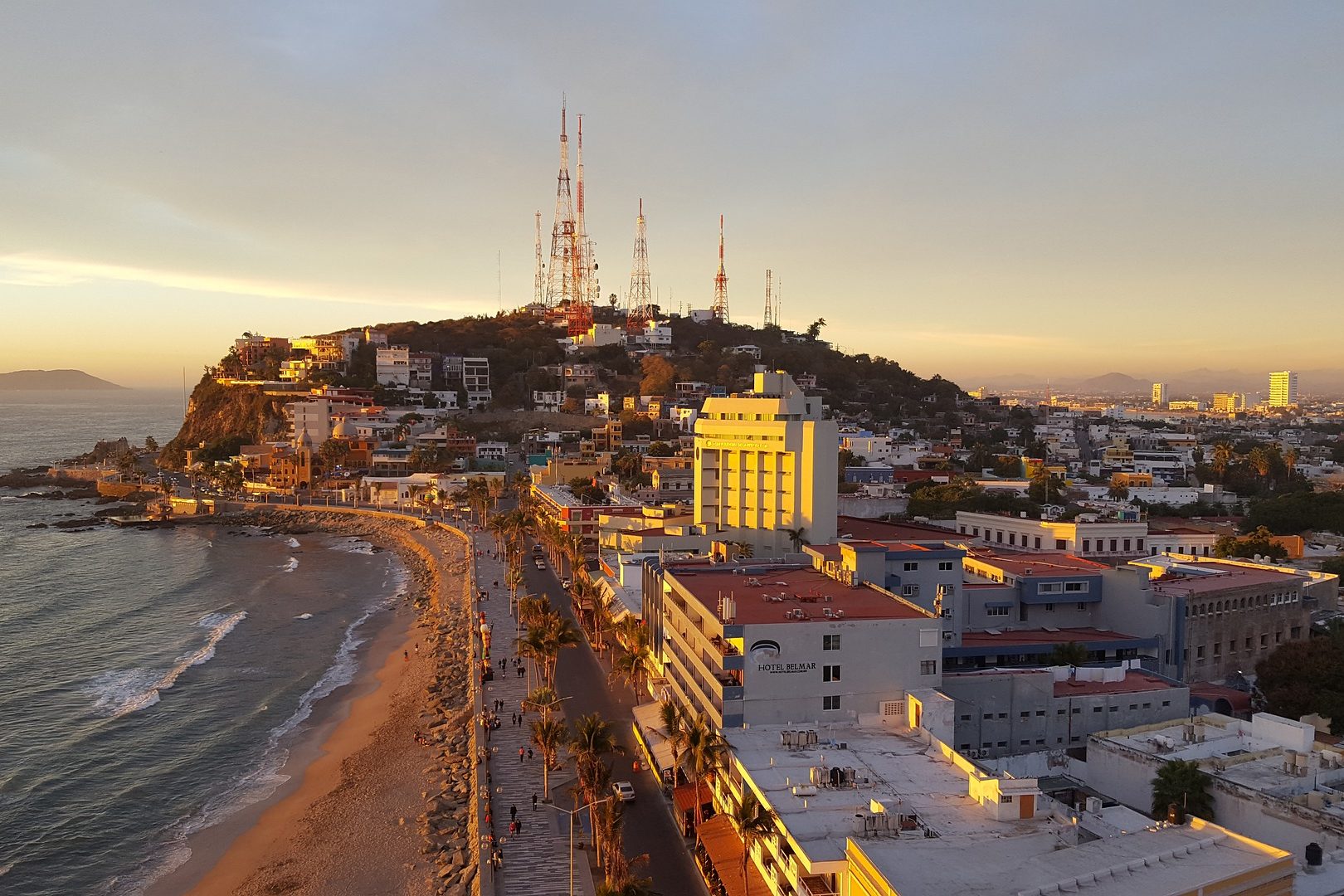In the heart of British Columbia, the Kwax̧a̧la community has begun to chart a new course for economic development rooted in Indigenous knowledge, ecological stewardship, and shared prosperity. It is part of a growing wave of initiatives across the globe seeking to invert the destructive logic of extractive capitalism and restore the foundations of life: thriving ecosystems, strong communities, and… Read more →
Category: Pathways
Looking Ahead
Nate Hagens is a futurist for our times. In his podcast The Great Simplication he interviews a wide range of experts on energy, the environment, and economics, and occasionally posts “Franklys” in which he shares his own views of what is happening, and likely to happen as the polycrisis unfolds. In a recent episode he interviewed Rod Schoonover, a national… Read more →
Asset-Based Community Development
Bioregionalism as a Pathway to Transformation: A Genesee Finger Lakes Perspective Bioregionalism may offer the most integrative and generative framework for imagining and building a better future, but it is not a simplistic or one-size-fits-all solution. Rooted in the recognition that every place has its own ecological, cultural, and historical identity, bioregionalism calls for deep engagement with the land… Read more →
Bioregionalism (Revised June 2025)
Bioregionalism: Reclaiming Our Place on Earth Bioregionalism offers a transformative vision for humanity, rooted in the understanding that our societies, economies, and cultures must align with the natural systems that sustain life. It is a movement centered on “living-in-place,” which means following the necessities and pleasures uniquely presented by a particular site and evolving ways to ensure its long-term occupancy.… Read more →
Chapter 5: Can We Restore the Climate?
The escalating climate crisis has prompted a reevaluation of our goals and strategies. While achieving net-zero emissions is crucial, it may not suffice to ensure a livable future. The concept of climate restoration, championed by physicist and entrepreneur Peter Fiekowsky, advocates for reducing atmospheric greenhouse gas concentrations to pre-industrial levels, thereby restoring the climate conditions under which humanity has historically… Read more →
Revised Chapter 3: Restoring the Carbon Balance and Rethinking Climate Solutions
The Earth’s carbon cycle is a complex system that has been in balance for a long time before human industrial activity began to disrupt it. This natural system regulates the flow of carbon between the atmosphere, the oceans, the soil, and the biosphere. For most of Earth’s recent history, the planet has maintained a relatively stable climate, allowing life to… Read more →
Chapter 4: Mitigating the Climate Crisis — The Global Carbon Reward
In the face of escalating climate challenges, innovative economic strategies are essential to drive meaningful change.One such proposal is the Global Carbon Reward (GCR), conceptualized by Delton Chen, which introduces a novel approach to incentivizing carbon mitigation efforts through financial rewards. Understanding the Carbon Cycle and Its Imbalance The Earth’s carbon cycle involves the movement of carbon among the atmosphere,… Read more →
Chapter 6: Rethinking the Economy: From Extraction to Regeneration
The economy as we know it is not a law of nature. It is a human construct, based on a set of assumptions, incentives, and institutions that have evolved over time. Yet today, these assumptions no longer serve the wellbeing of humanity or the living systems on which all life depends. As climate change, biodiversity loss, and social inequality converge… Read more →
Chapter 12: Changing Our Way of Thinking
Thomas Kuhn, in The Structure of Scientific Revolutions, reminds us that paradigms do not evolve incrementally—they break. They collapse when their internal contradictions become too great to bear, when the answers they provide no longer match the realities they seek to explain. This is very much the situation we find ourselves in today. Our dominant frameworks—economic, political, and cultural—are faltering… Read more →
Bioregionalism: A Better Model
“You never change things by fighting the existing reality. To change something, build a new model that makes the existing model obsolete.” — Buckminster Fuller The world’s dominant economic and political systems are failing — they are failing to sustain ecosystems, nourish communities, and secure a future for coming generations. Yet attempts to reform these systems from within often meet… Read more →
